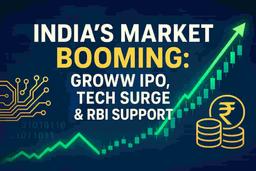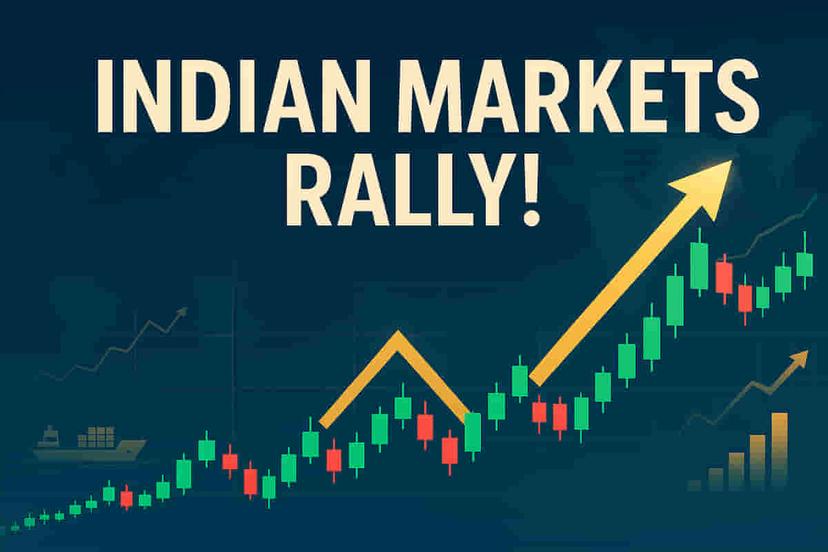Green Economy's Golden Ticket: Is India Missing Out? New Report Reveals Shocking Truth for Developing Nations!
Economy
|
Updated on 12 Nov 2025, 08:55 am
Reviewed By
Abhay Singh | Whalesbook News Team
Short Description:

▶
Detailed Coverage:
The Centre for Science and Environment (CSE) has released a series of discussion papers ahead of the COP30 climate conference, warning that developing nations could miss out on the benefits of the new green economy. The core message is that economic resilience and green industrialization must be central to their climate strategies.
Key Findings: * Value Addition: Developing countries often export raw materials (like cocoa beans or copper) but capture only a small fraction of the final product's value. For instance, Ivory Coast and Ghana produce most of the world's cocoa but earn only about 6.2% of the revenue from value-added products, with Global North companies taking 80-90% profit from chocolate. * Critical Minerals: Despite holding vast reserves of minerals essential for energy transition (like lithium), Global South nations capture little value from refining and manufacturing, exposing them to price volatility and geopolitical risks. * Clean Technology: Global clean tech manufacturing is concentrated in China, the EU, and the US, with developing nations contributing less than 5% of the production value. They often assemble goods but import high-value components.
Recommendations: CSE advocates for inclusive and affordable development, domestic manufacturing, job creation, and resetting global trade and finance rules to favor localization and value addition. They emphasize the need for an "economic stake" in the green transition.
Impact: This news significantly impacts developing economies, including India. It highlights systemic challenges in global trade and resource value capture, urging a strategic shift towards industrialization and self-sufficiency in green technologies. This could influence investment decisions, trade policies, and government strategies aimed at fostering sustainable growth and economic independence. Impact Rating: 8/10
Difficult Terms: * Green Economy: An economy that is environmentally sustainable and socially inclusive, focusing on reducing pollution and greenhouse gas emissions. * Economic Resilience: The ability of an economy to withstand and recover from shocks, such as economic downturns, natural disasters, or global crises. * Green Industrialisation: Developing industries that are environmentally friendly, focusing on sustainable production methods and clean technologies. * Value Addition: The process of increasing the worth of a product or service through manufacturing, processing, or further development before selling it. * Global South: A term often used to refer to developing countries, particularly those in Africa, Asia, and Latin America, contrasting with the more developed Global North. * Commodities: Raw materials or primary agricultural products that can be bought and sold, such as cocoa, copper, or oil. * Critical Minerals: Minerals that are essential for the production of modern technologies and whose supply chains are vulnerable to disruption. * Decarbonisation: The process of reducing the amount of carbon dioxide and other greenhouse gases released into the atmosphere. * Structural Asymmetries: Imbalances or inequalities in the fundamental structure of economies or global trade relationships.
IPO Sector

Tenneco Clean Air India IPO: Rs 1080 Crore Anchor Funding & Massive Investor Rush Unveiled!

India Poised for Gains? Groww IPO Debut, IT Sector Boom, Bihar Polls & RBI's Rupee Defense - What Investors Need to Watch!

Tenneco Clean Air India IPO: Rs 1080 Crore Anchor Funding & Massive Investor Rush Unveiled!

India Poised for Gains? Groww IPO Debut, IT Sector Boom, Bihar Polls & RBI's Rupee Defense - What Investors Need to Watch!
Economy Sector

Indian Markets Surge: Earnings Buzz & US Trade Hopes Ignite Nifty & Sensex Rally!

Nobel Prize Reveals India's BIGGEST Economic Secret! Is Your Startup Ready?

RBI's Governance Shake-Up: Deputy Governor Demands Boards Own Outcomes, Not Just Paperwork!

India's Inflation Shockwave: October 2025 CPI Data is HERE - Will Markets Soar or Sink?

Indian Markets Surge: Nifty and Sensex Open Strong, Investors Eyeing Gains!

Election Results Spark HUGE Indian Market Rally! Get Ready for Record Opening!

Indian Markets Surge: Earnings Buzz & US Trade Hopes Ignite Nifty & Sensex Rally!

Nobel Prize Reveals India's BIGGEST Economic Secret! Is Your Startup Ready?

RBI's Governance Shake-Up: Deputy Governor Demands Boards Own Outcomes, Not Just Paperwork!

India's Inflation Shockwave: October 2025 CPI Data is HERE - Will Markets Soar or Sink?

Indian Markets Surge: Nifty and Sensex Open Strong, Investors Eyeing Gains!
